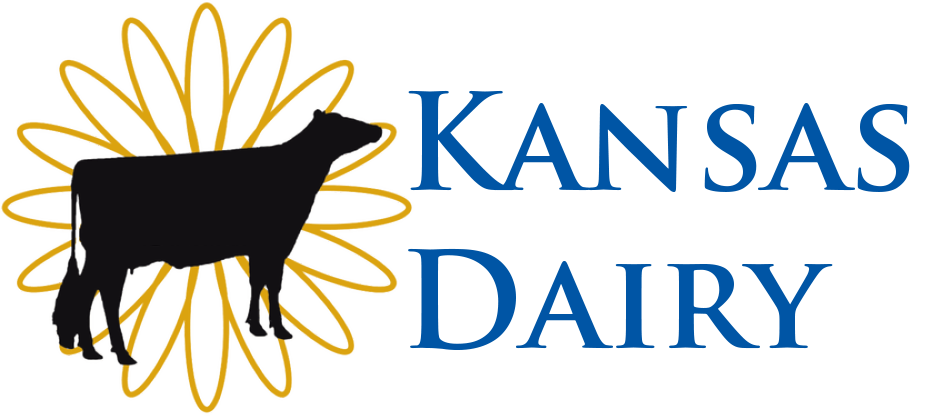Facts About Animal Disease Traceability
Editor Note: This information is abbreviated information from USDA Fact Sheet. Specific producer questions will be answered in upcoming issues of The Dairy Dispatch. Email questions to dispatch@ksdairy.com to be answered in future issues.
In April 2024, the U.S. Department of Agriculture’s (USDA) Animal and Plant Health Inspection Service (APHIS) announced the final rule that amends and strengthens its animal disease traceability regulations for certain cattle and bison.
This rule, effective November 5, 2024, requires official eartags to be visually and electronically readable for official use for interstate movement of certain cattle and bison, including dairy cattle. It also revises and clarifies certain record requirements related to cattle.
The rule applies only to the interstate movement of the following categories of cattle and bison:
All sexually intact cattle and bison 18 months of age or older
All dairy cattle of any age
All cattle and bison of any age used for rodeo, exhibition, or recreational events
If your animal has a visual only official identification tag applied prior to November 5, 2024, you are not required to apply an electronically readable tag to the animal.
All visual-only official identification tags applied to cattle and bison prior to the date the rule is effective will be considered official identification for the lifetime of the animal.
Owners can use, and States may distribute, any type or color of officially recognized EID tag that is available. The regulations do not require orange tags for brucellosis vaccinates.
APHIS will attempt to meet owner’s preferences; however, we cannot guarantee the availability of a certain EID tag make or color. An animal with an official ID of any type or color does not need to be retagged for any reason.
Producer data confidentiality is highly valued and protected by law. An EID tag is encoded with a number but no owner-specific information. The USDA database collects only the tag number and refers back to a premises ID number. The database does not collect names, addresses, or other personal information.
Access to identifying information is limited ONLY to Federal, State, and/or Tribal regulatory officials who meet strict permissions and security requirements AND need to conduct disease tracing activities State animal health officials only have access to information held within their own States.
Producer information gathered by USDA through animal disease traceability efforts is treated as information maintained under existing disease program regulations and, therefore, is exempt from provisions of the Freedom of Information Act.
The rule did not change how APHIS will monitor compliance. It did not change penalties for violations. Learn more about the animal disease traceability program on APHIS’ website.

